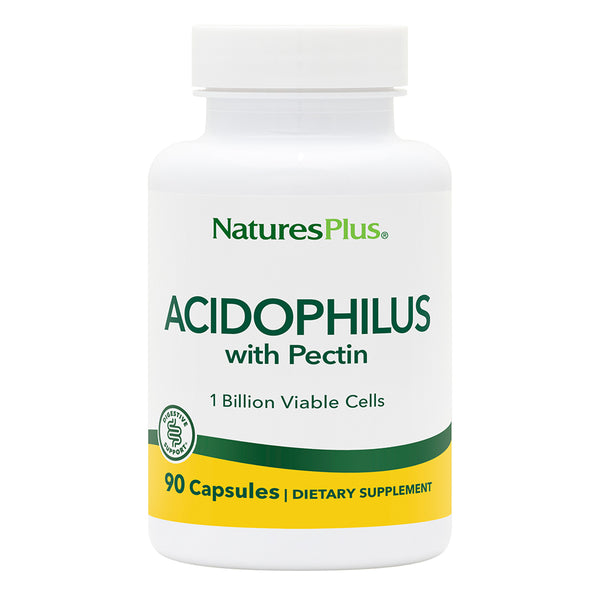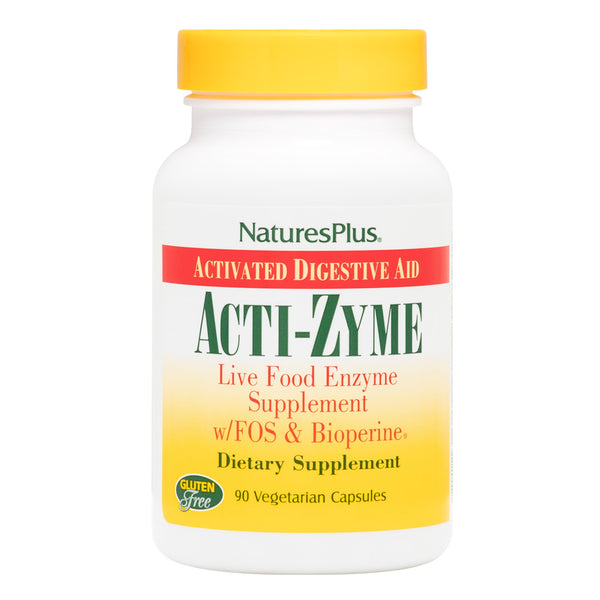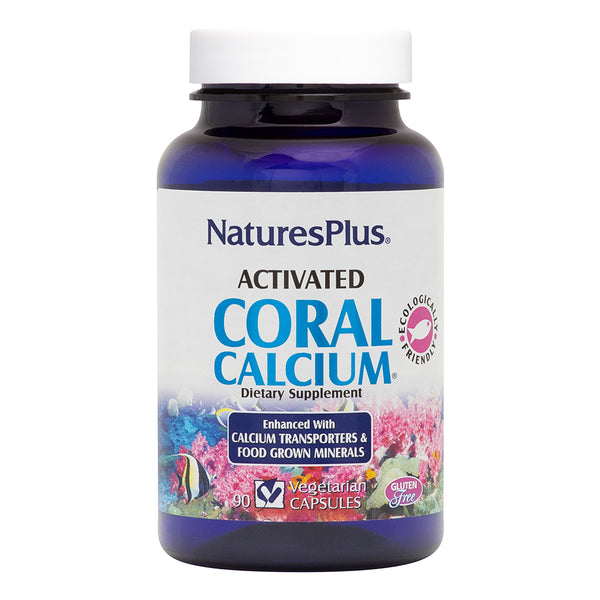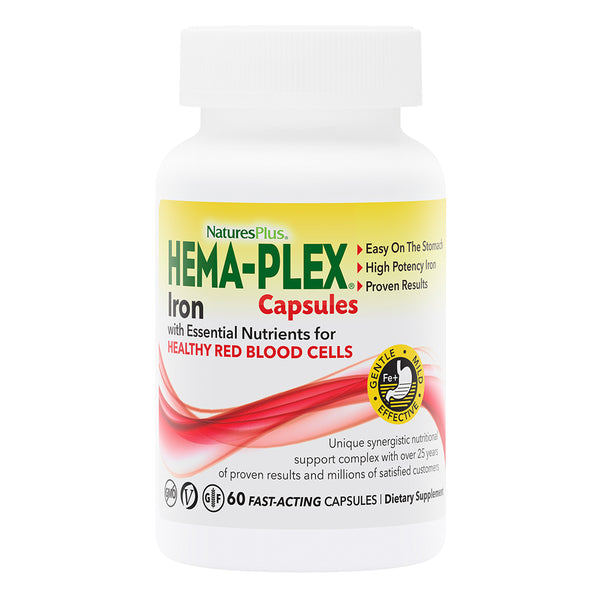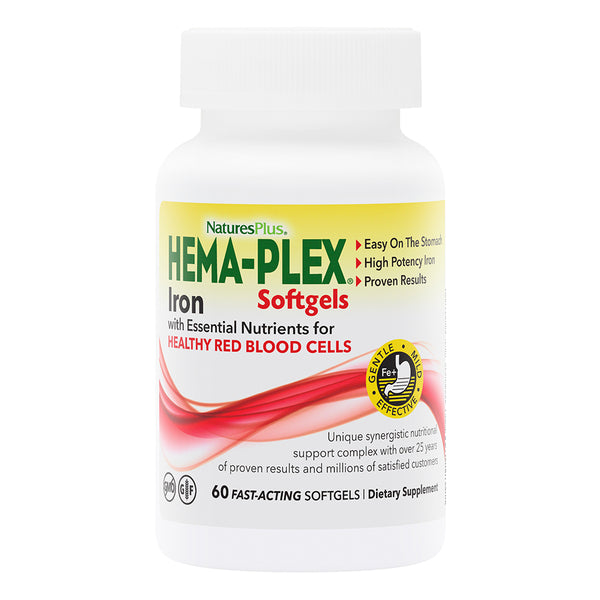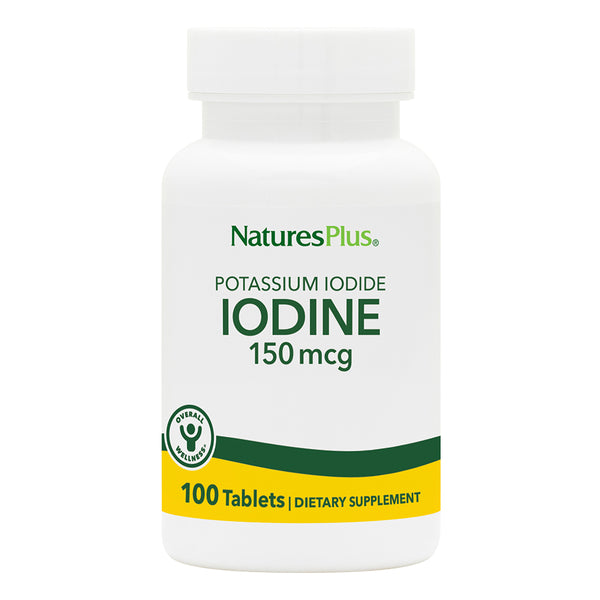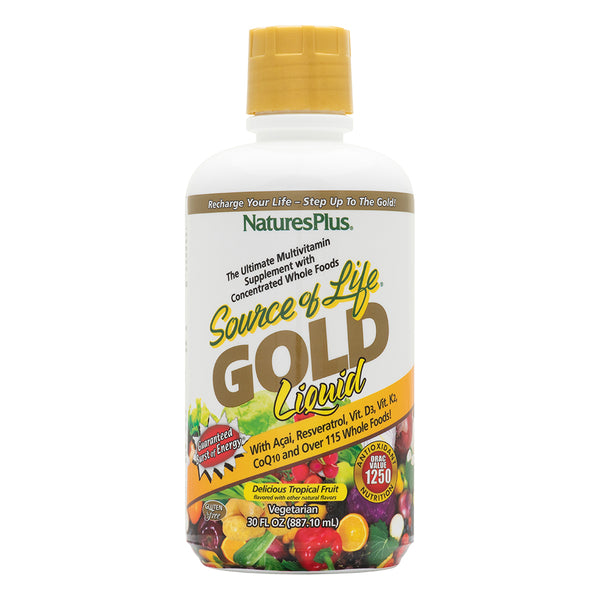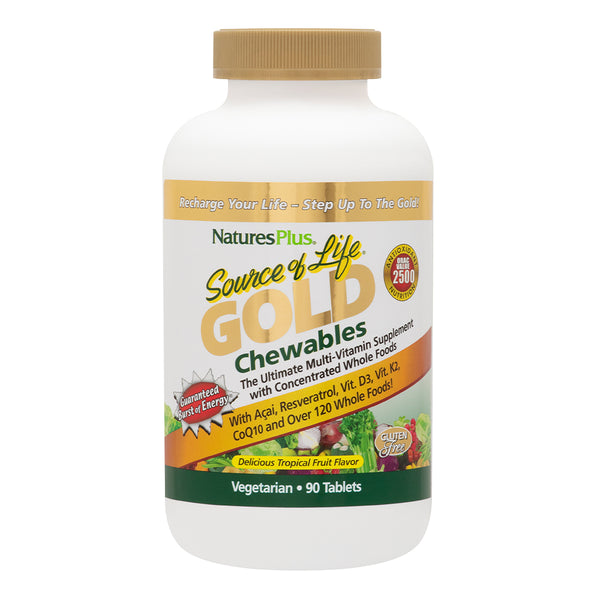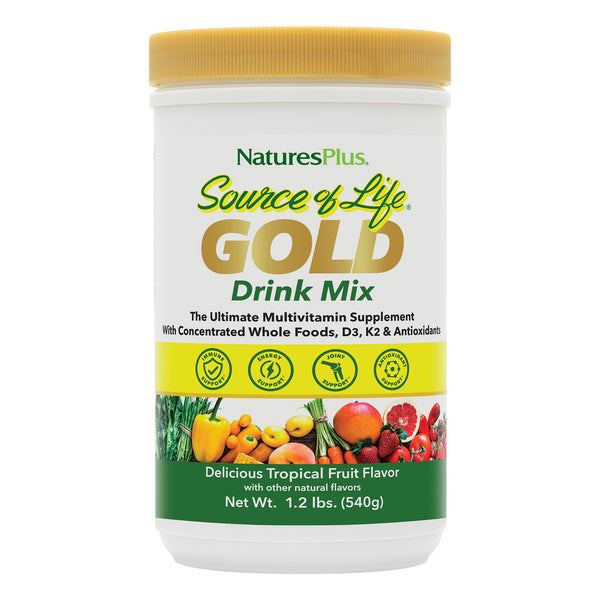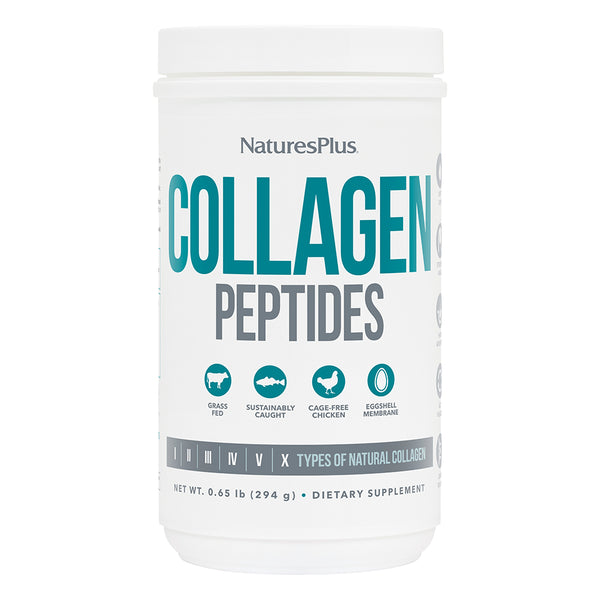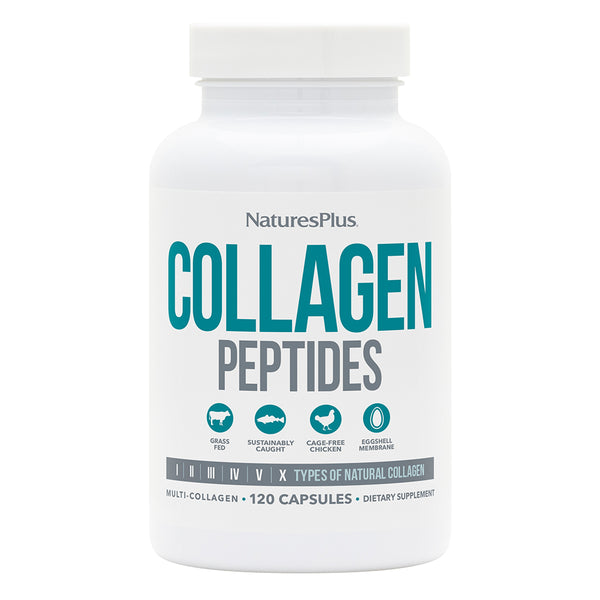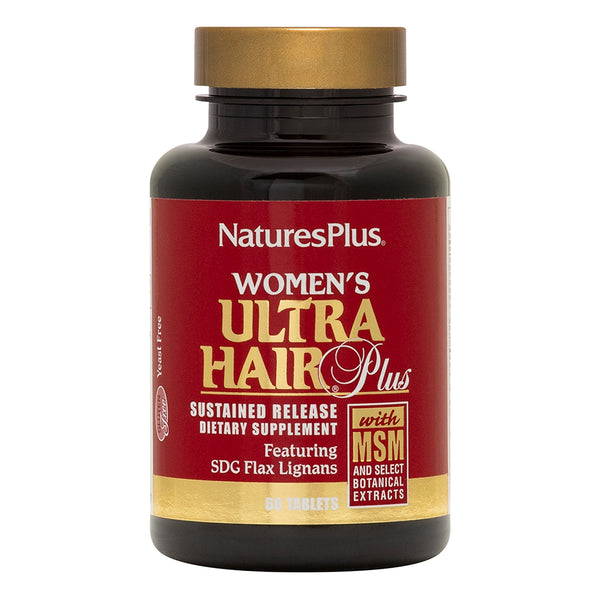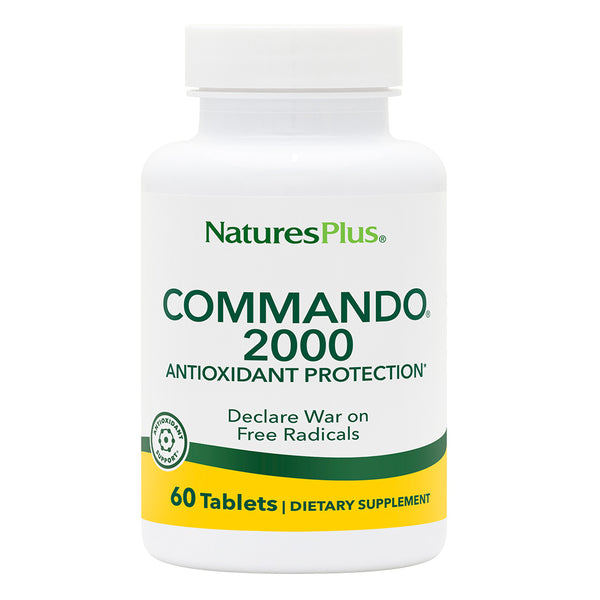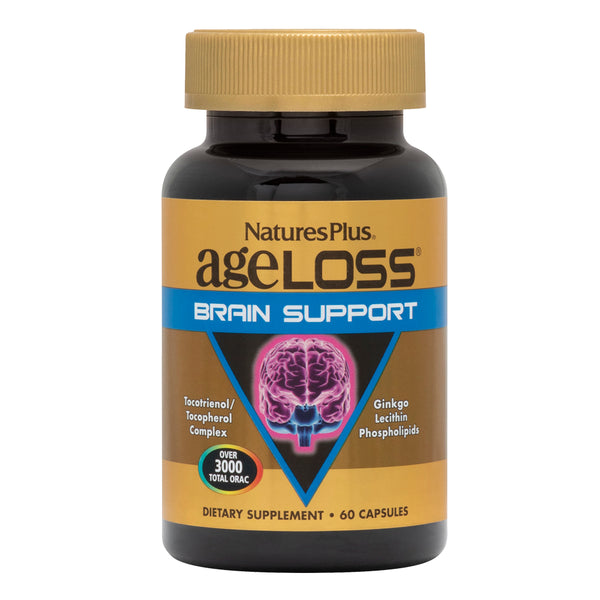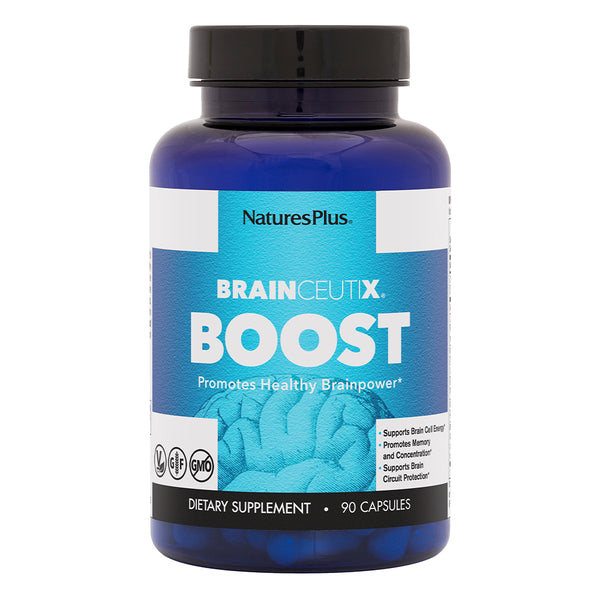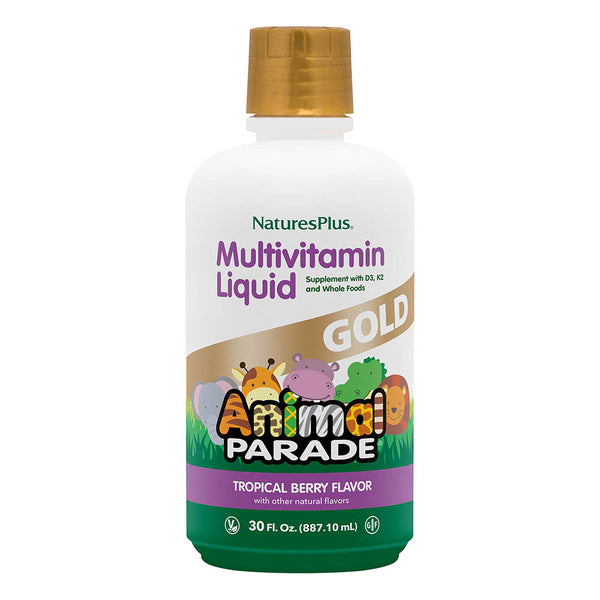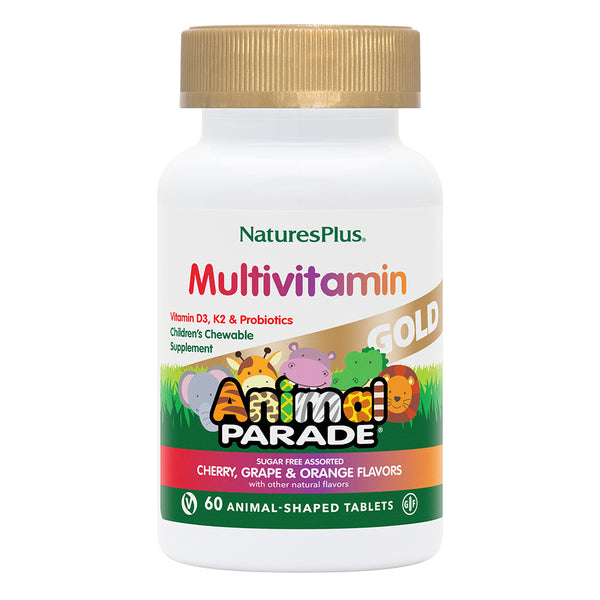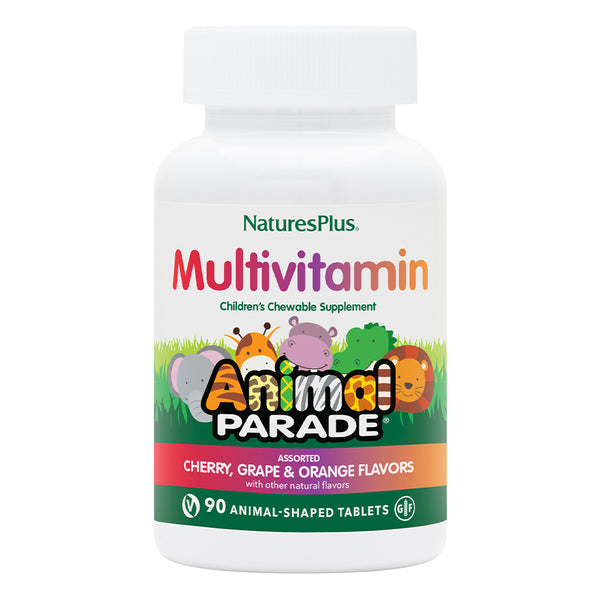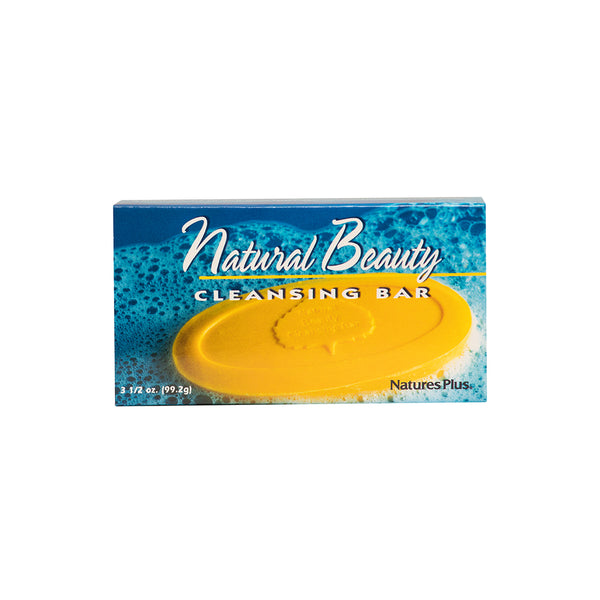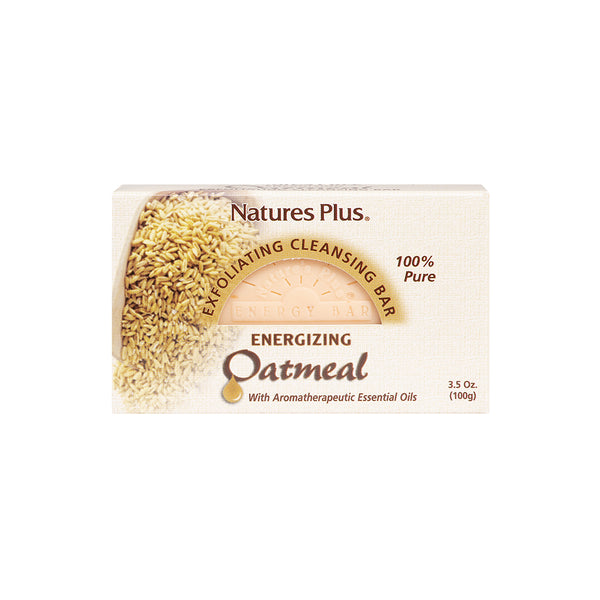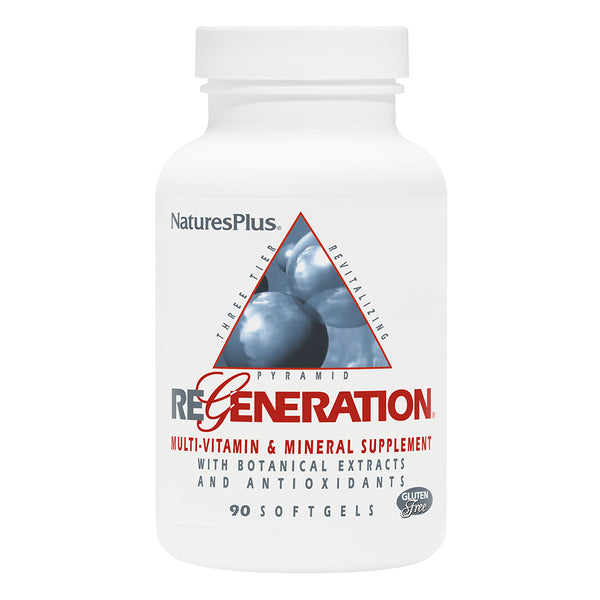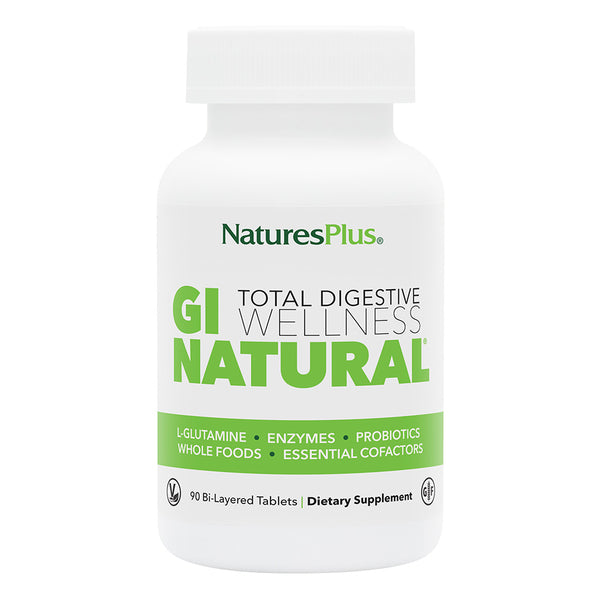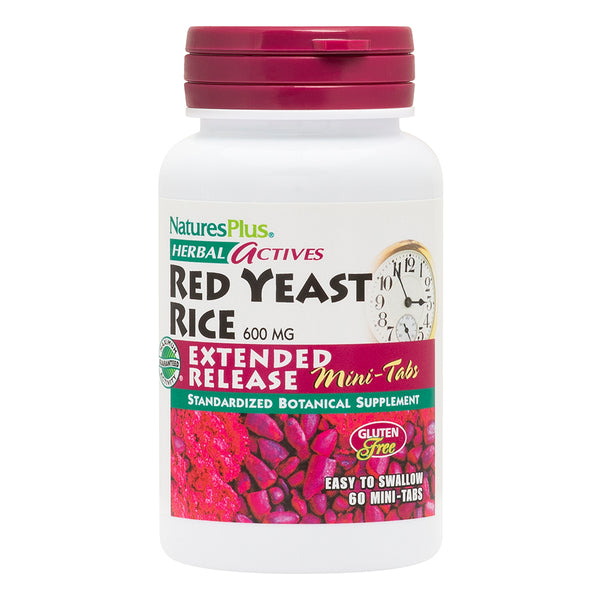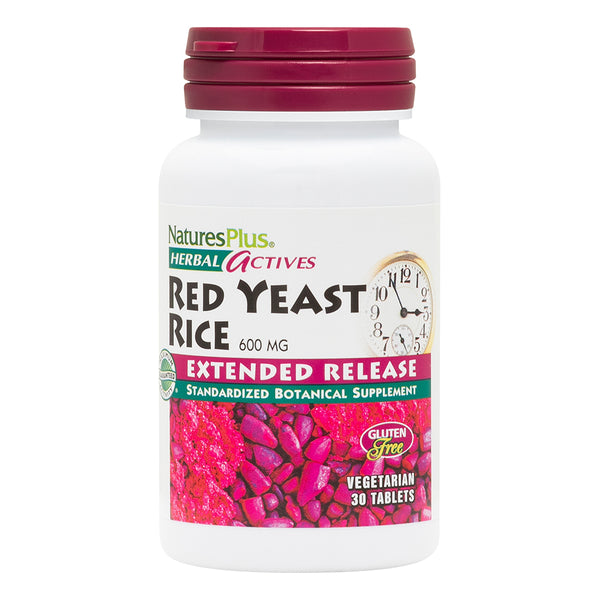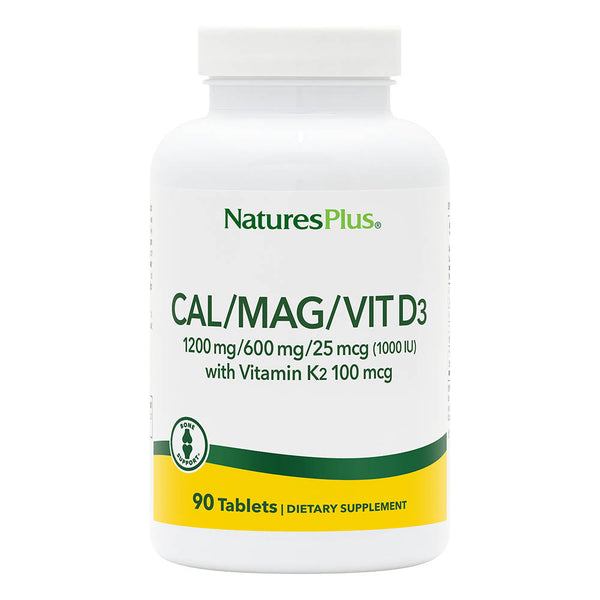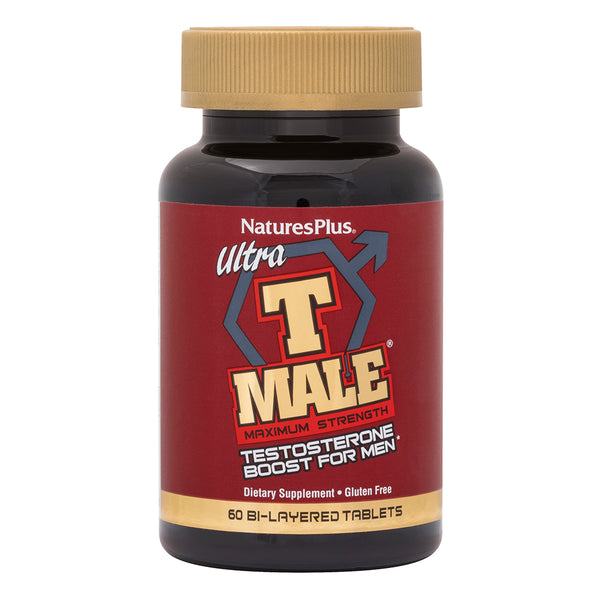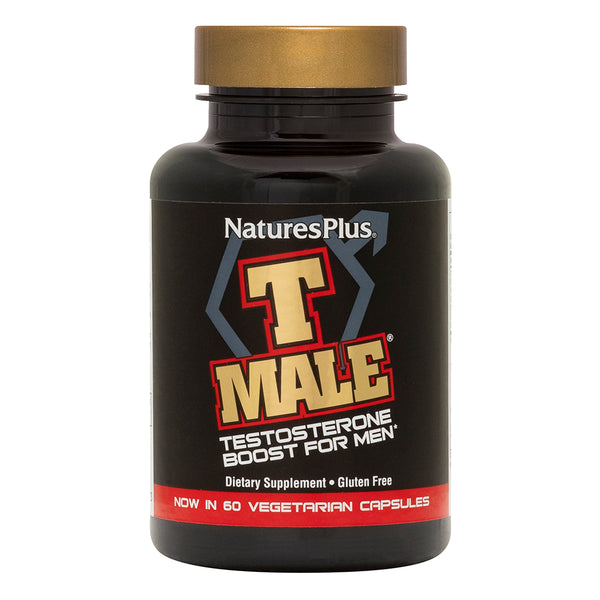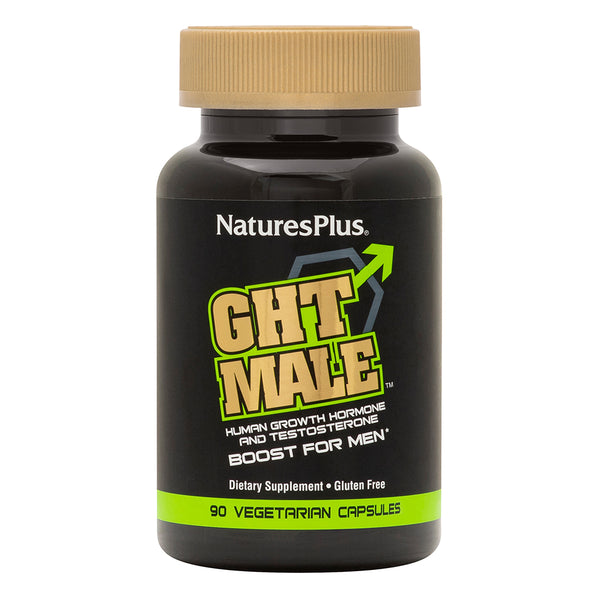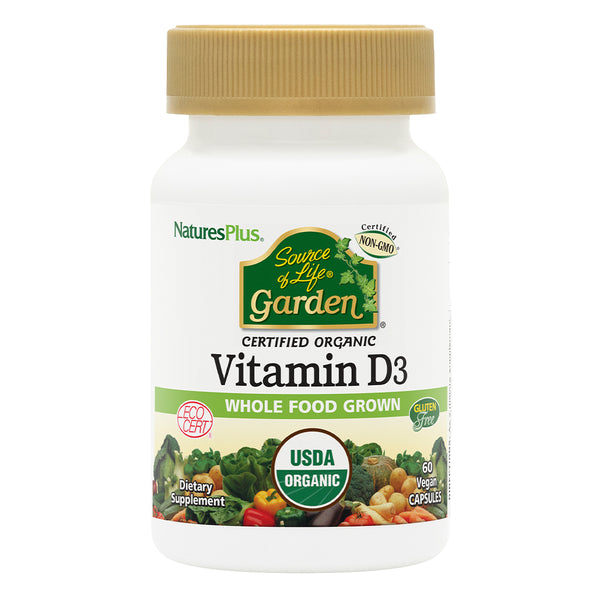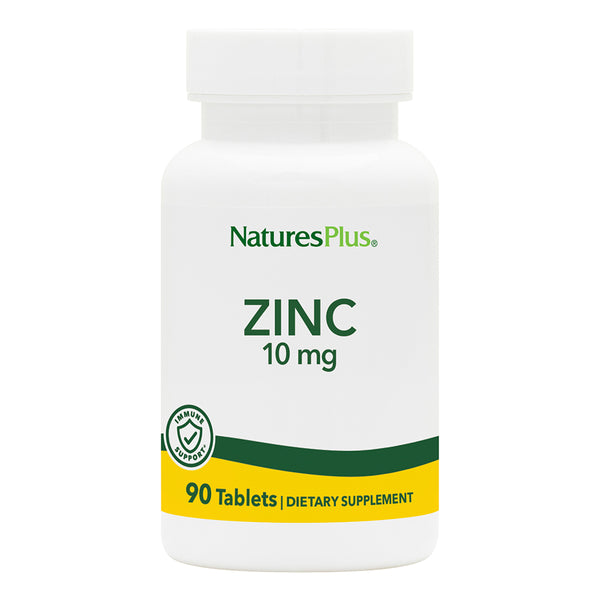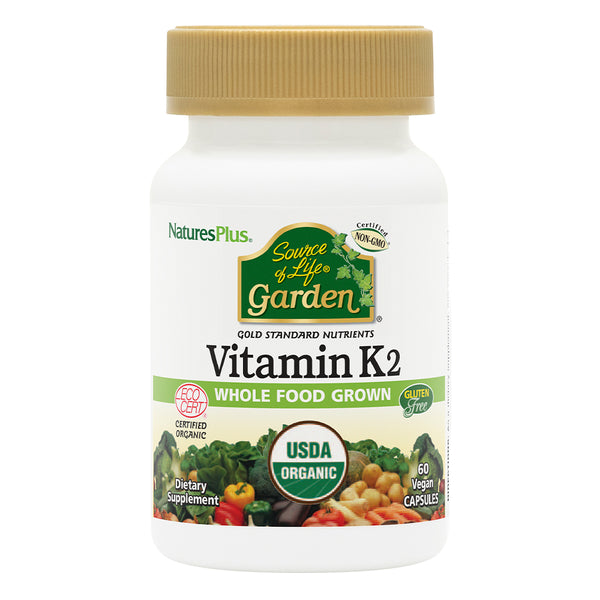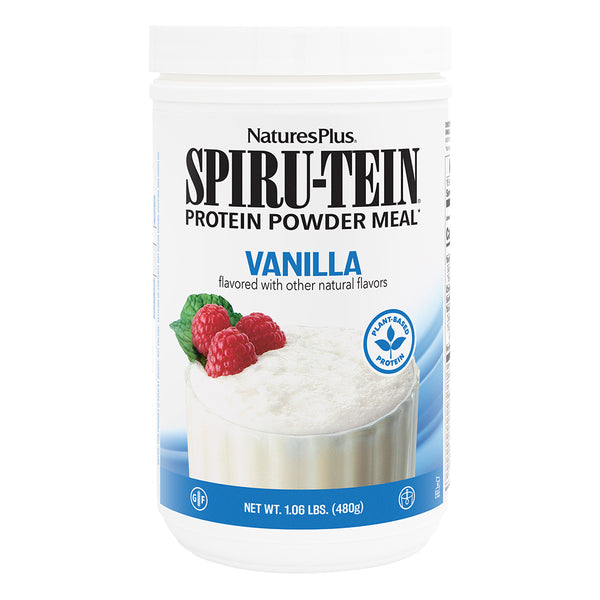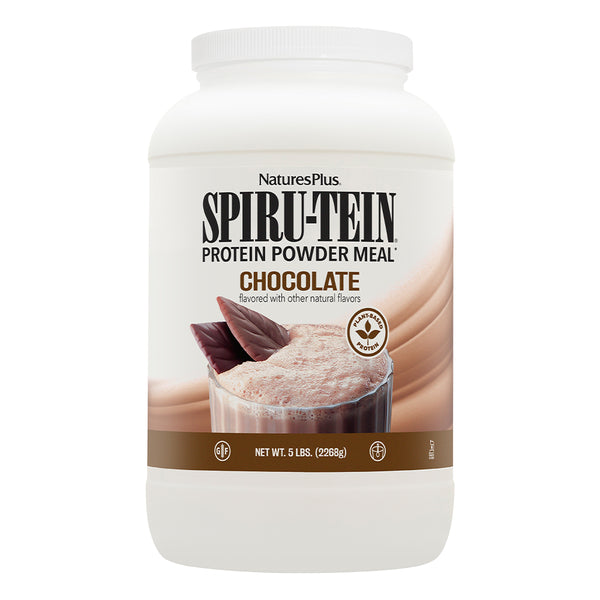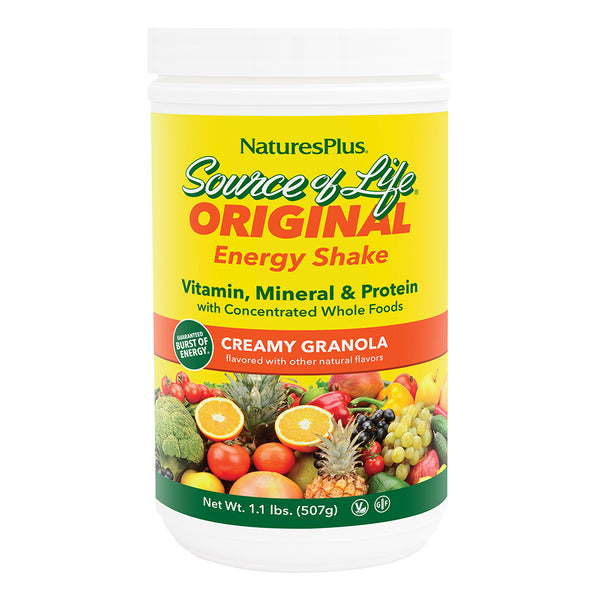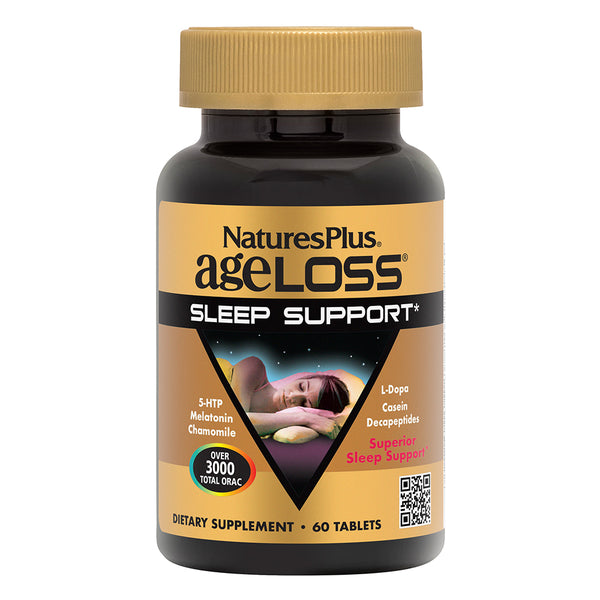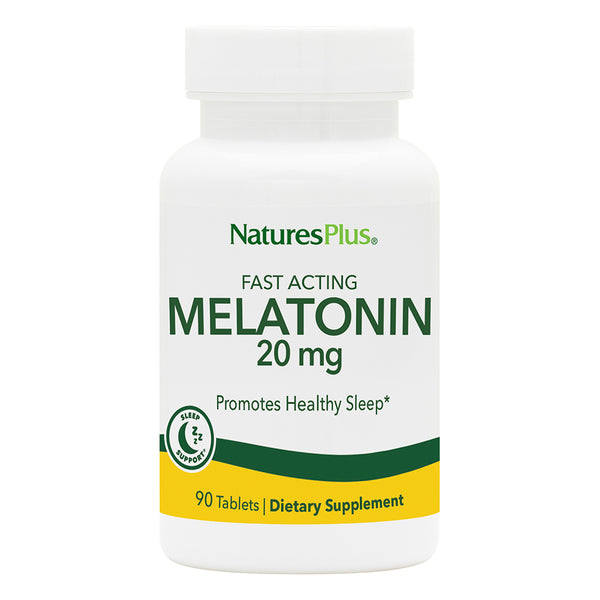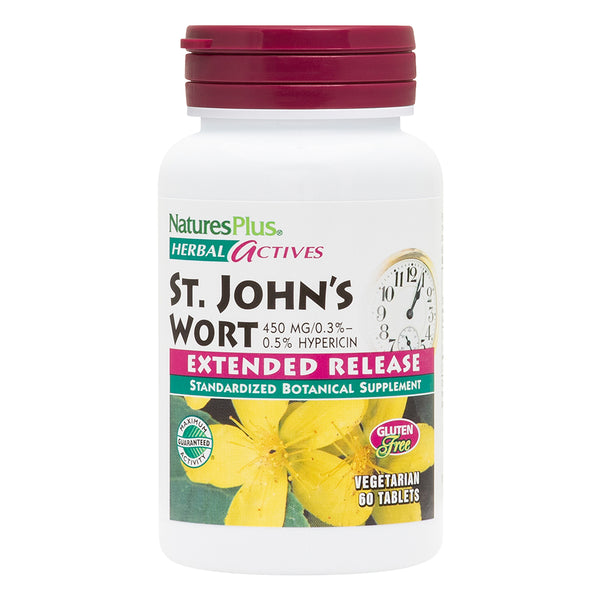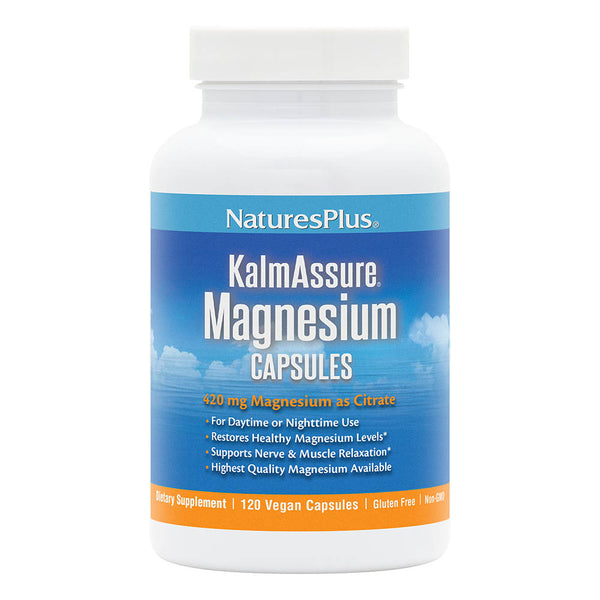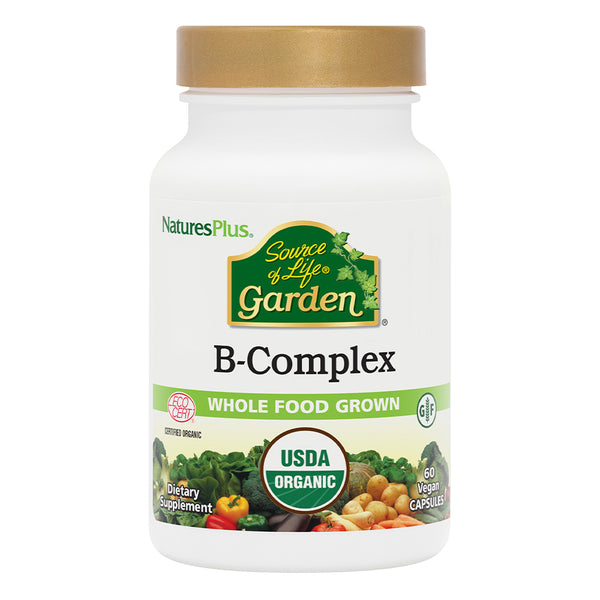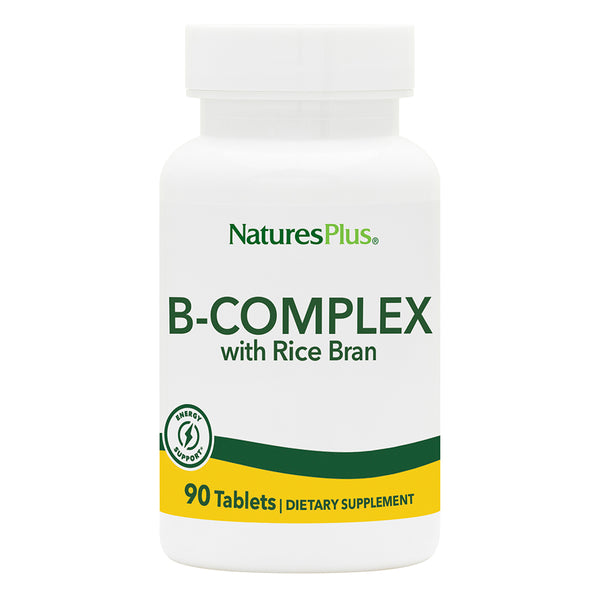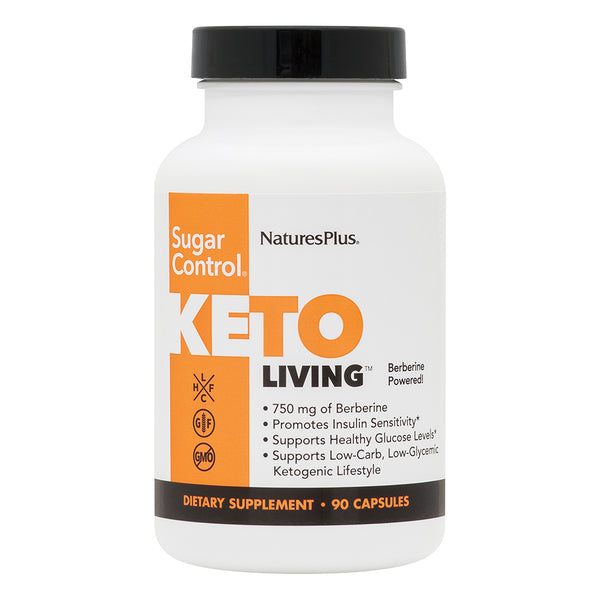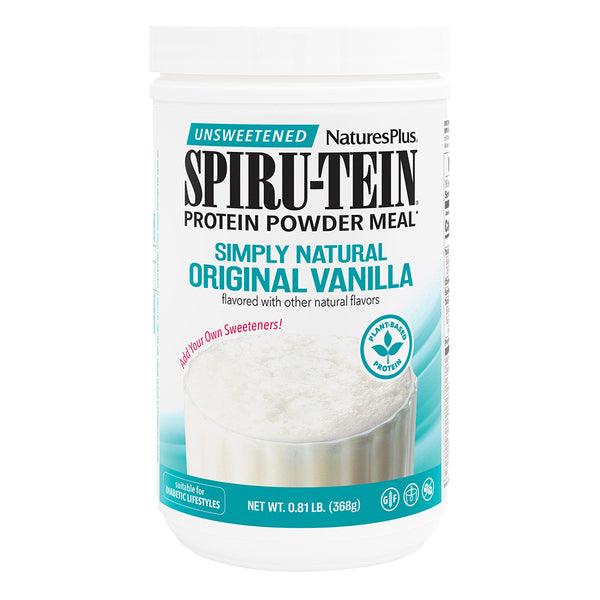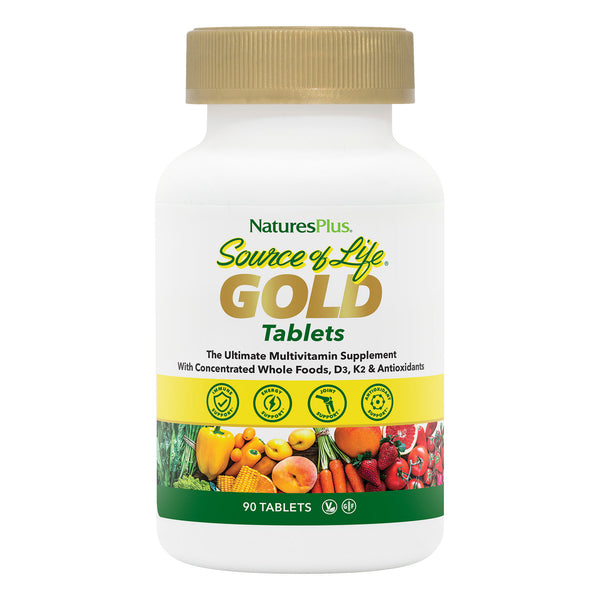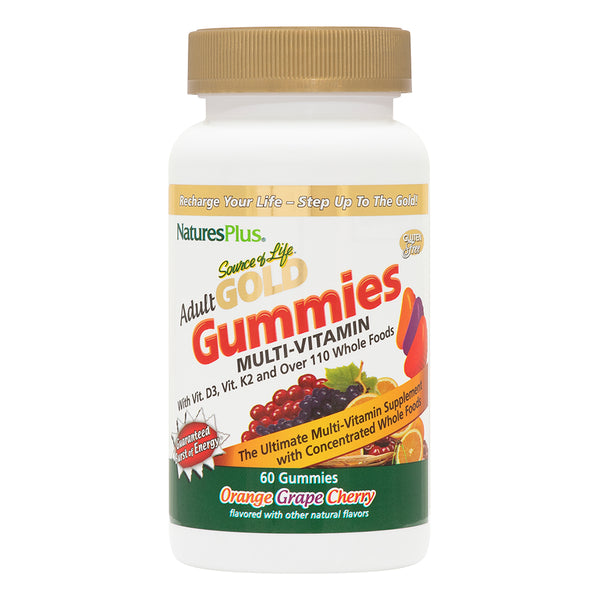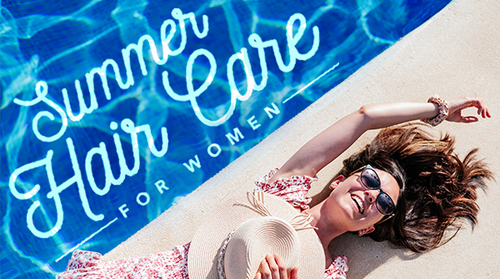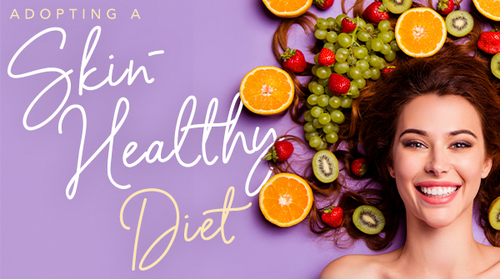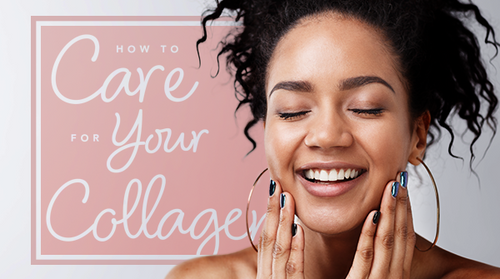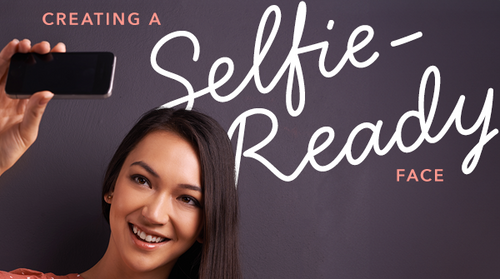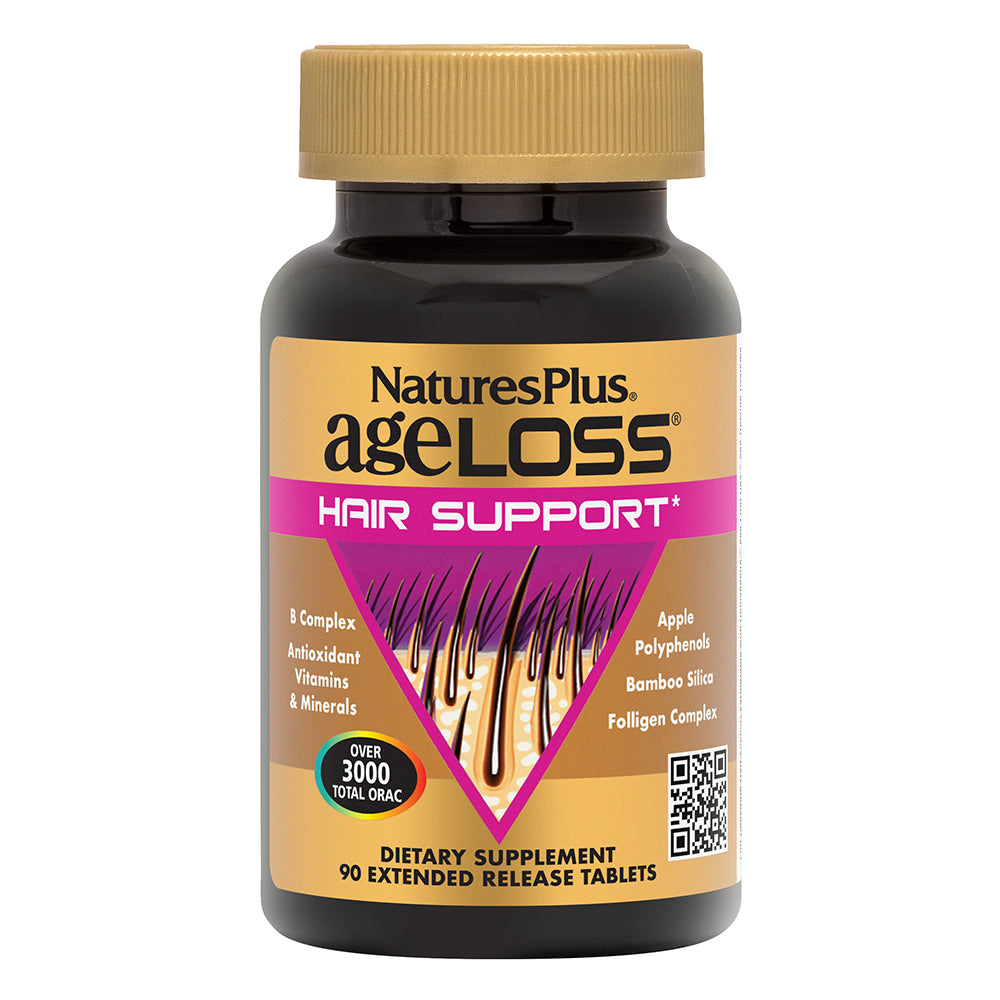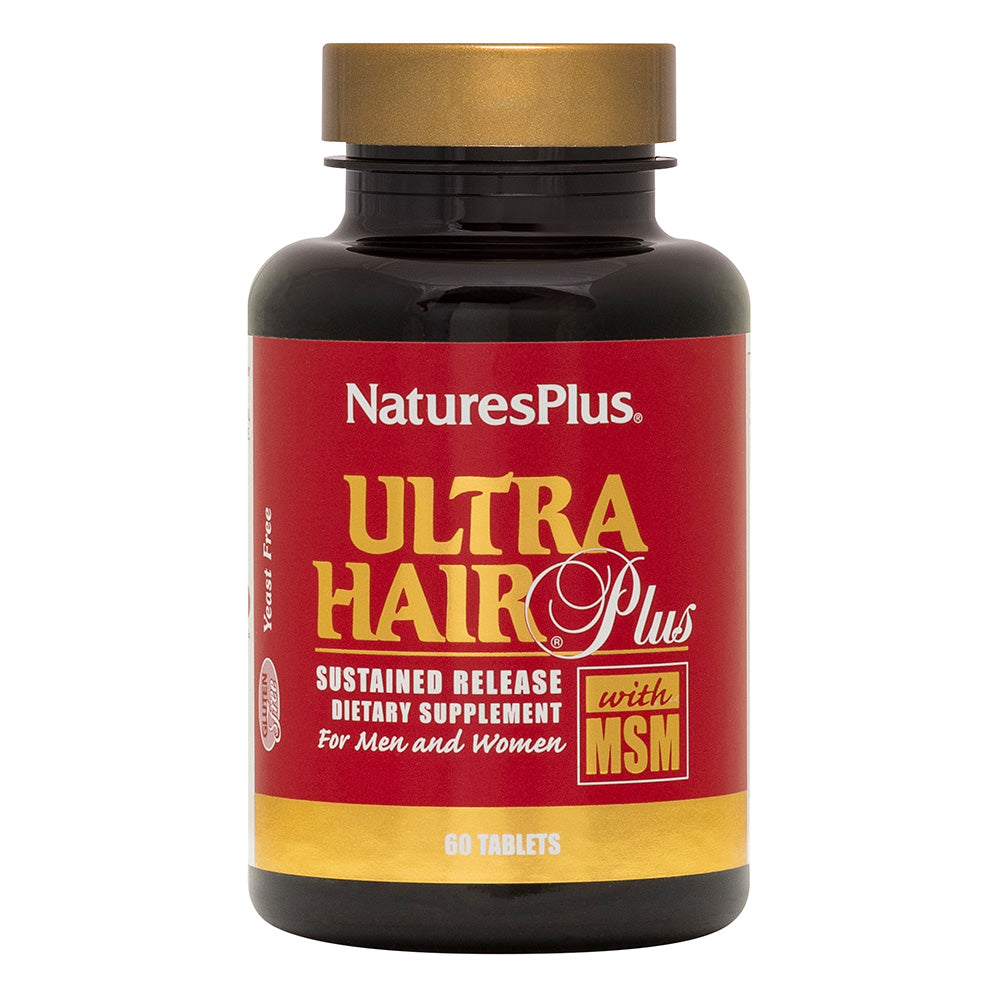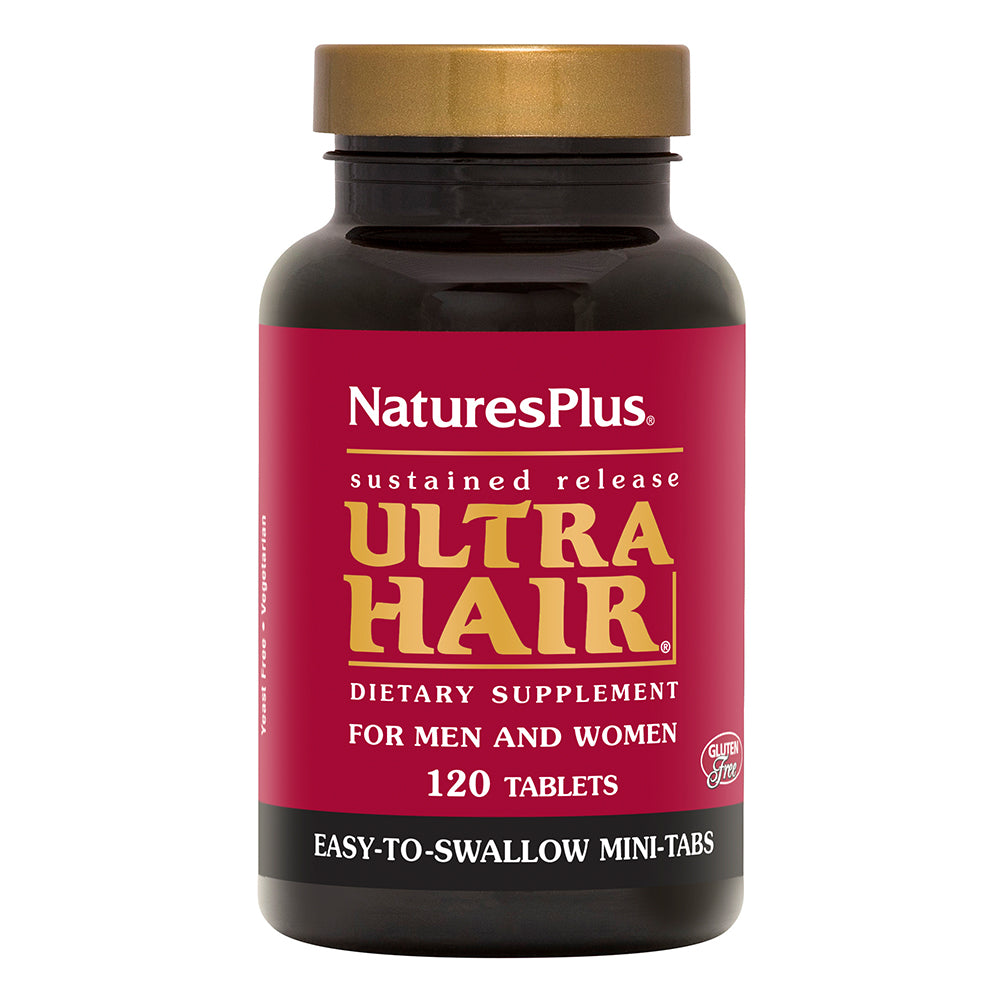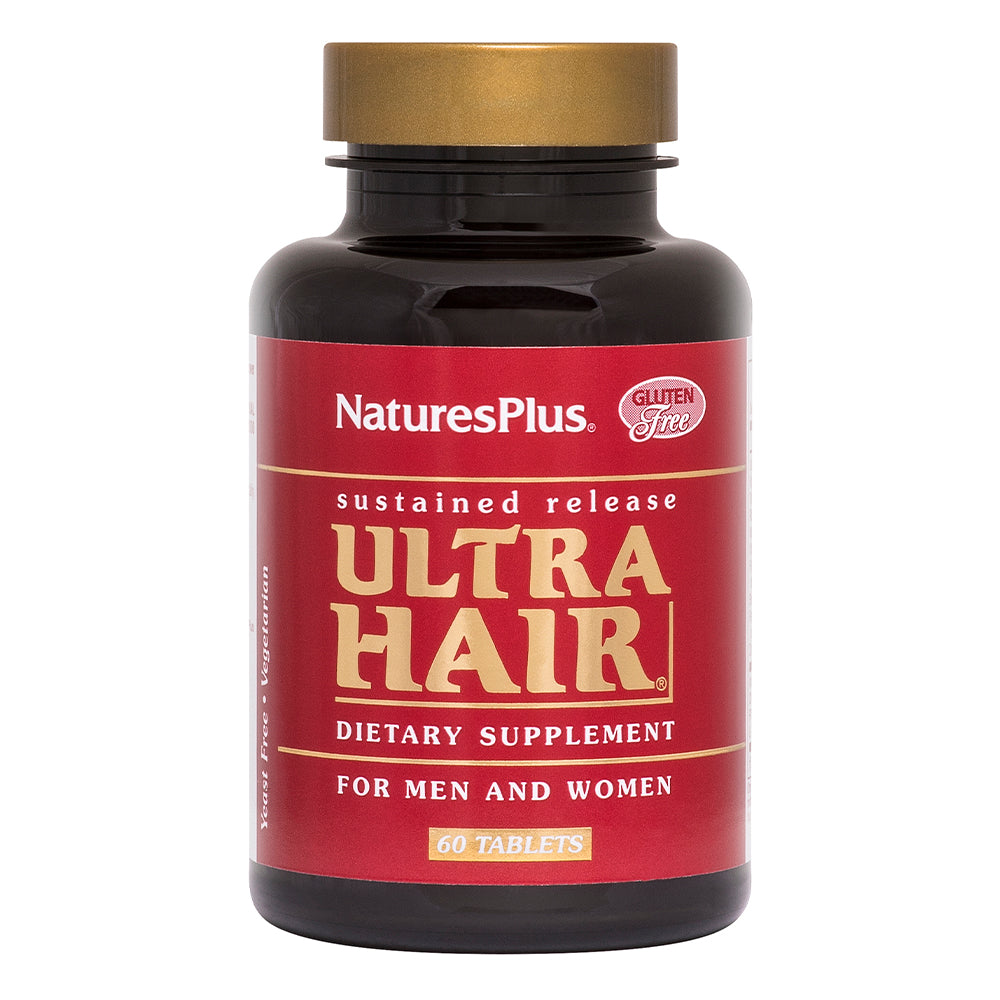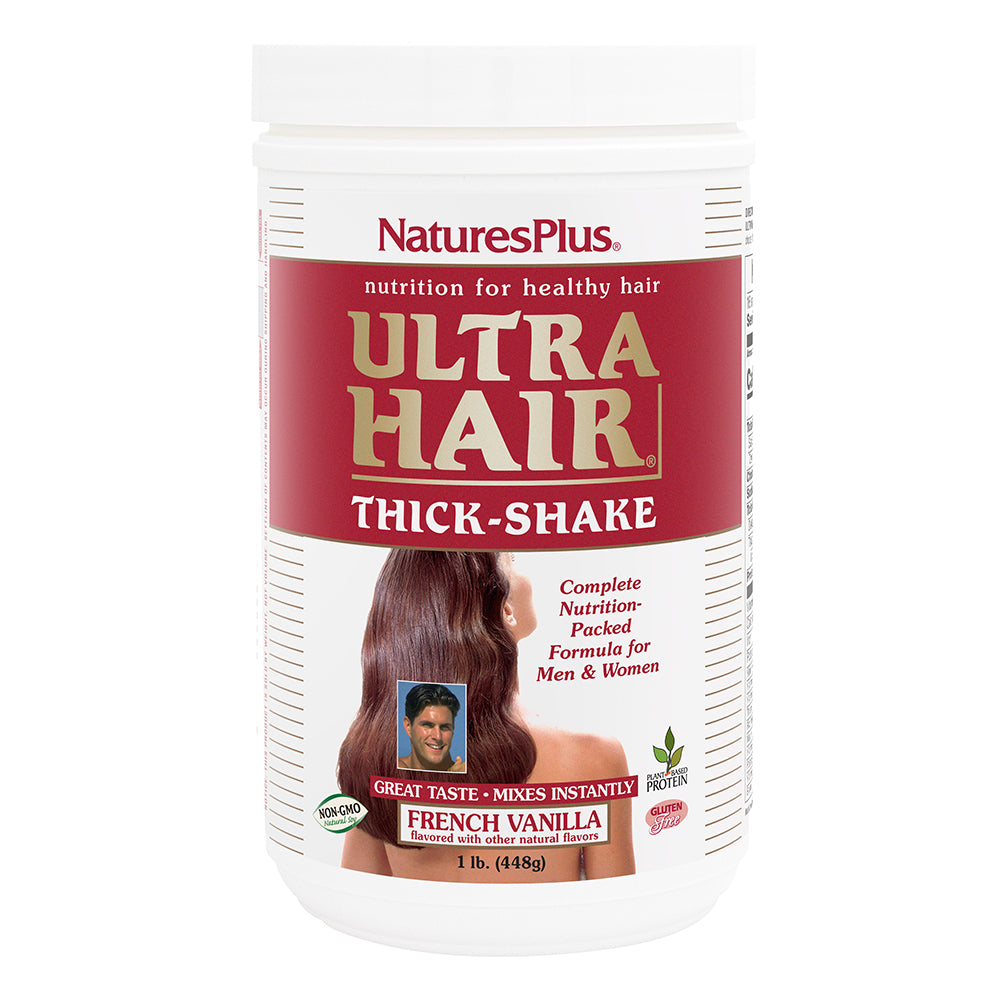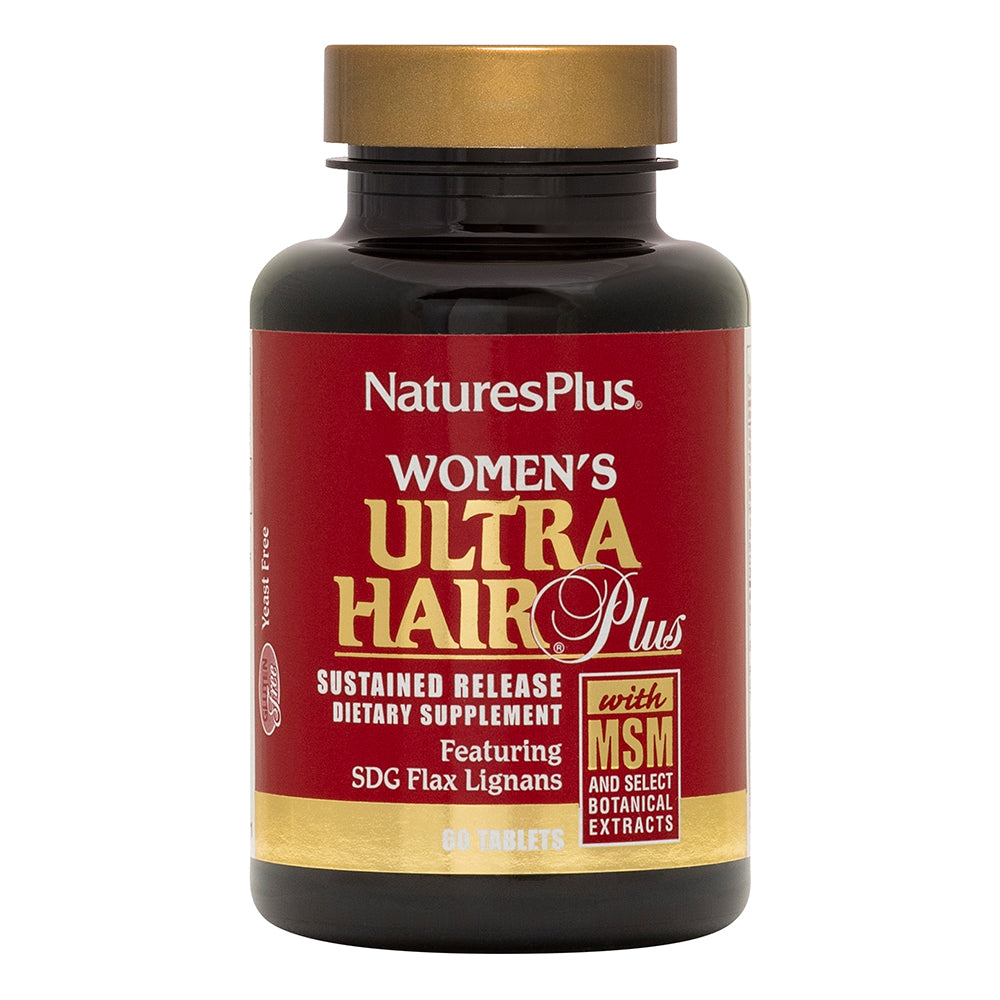Few things inspire such awe and angst as hair.
Our collective obsession with attaining the perfect color, texture and style has led manufacturers to develop tonics and tinctures designed to clean, straighten, curl, color, mold and tame our tresses.
There is a downside to all this primping, however. In addition to making hair brittle and increasing breakage, research has linked the chemicals in some hair products with harmful health effects.
Fortunately, the growing demand for natural hair care has led to an increasing number of products free of harsh chemicals.
Finding Hair Care Options
You may have to try several different products before finding those that meet your needs.
Natural products “won’t strip your hair of its own natural oils so that you need to wash more frequently or leave a chemical buildup that makes your hair dull and weighed down,” explains beauty product formulator Stacey Dugliss-Wesselman, author ofThe Home Apothecary (Quarry). “If you follow a natural regime based on your hair type you will find that your hair may actually feel cleaner and healthier, and have more volume.”
She adds, “Don’t be afraid to experiment. I don’t know many women who haven’t tried a million different shampoos brands over the years, so why not do the same with naturals?”
It’s important to read labels carefully. “Educate yourself,” Dugliss-Wesselman says. “Just because it says ‘natural’ on the package doesn’t mean it is.”
You should do the same detective work when purchasing hair dyes. Look for products that use natural extracts such as aloe, birch, cinchona, echinacea, meadowfoam, rhubarb, walnut and witch hazel. And always perform a 48-hour sensitivity test on a small patch of skin first before using.
Helping Hair from the Inside
Having healthy hair depends just as much on what you eat as what you put (or don’t put) on your tresses.
“Just as with every other part of your body, the processes that support strong, vibrant hair depend on a balanced diet,” says beauty nutritionist Lisa Drayer, MA, RD, author ofThe Beauty Diet (McGraw-Hill).
Drayer is a fan of wild (not farm-raised) salmon, along with other types of fish and shellfish. In addition, fish, eggs and meat supply protein.
Other foods supply vitamins and minerals your hair needs to look its best. Make dark green vegetables, nuts and seeds a regular part of your diet.
Making the Switch
Sarah Berro, an American expatriate living in Dubai, started seeking out shampoo alternatives to minimize her exposure to chemicals. After experimenting with multiple brands, Berro stopped using commercial shampoo on her naturally curly hair.
“I had some reservations,” she admits. “I thought my hair might look greasy or smell weird.”
Of course, ditching shampoo doesn’t mean that Berro doesn’t wash her hair.
Instead of using a traditional shampoo/conditioner combination, Berro switched to a gentle conditioner with natural cleansers. It gets rid of the sweat, dirt and smell of unwashed hair; what’s more, it contains none of the harsh chemicals (or silicon and waxes) that used to strip her hair of moisture and shine.
“I noticed a difference after one week,” Berro says. “My hair is a lot more moisturized, and it calmed down the frizz.” Best of all? “I’m not putting any toxic chemicals on my scalp.”
Like this article? You’ll love our weekly newsletter
sign up here!
**These statements have not been evaluated by the Food and Drug Administration. This product is not intended to diagnose, treat, cure or prevent any disease.
